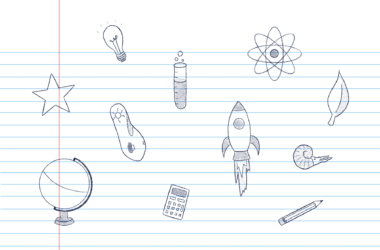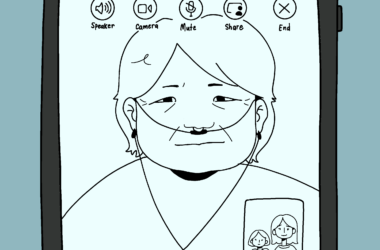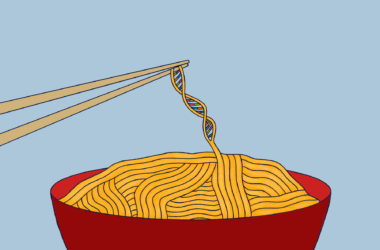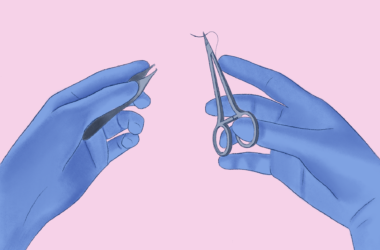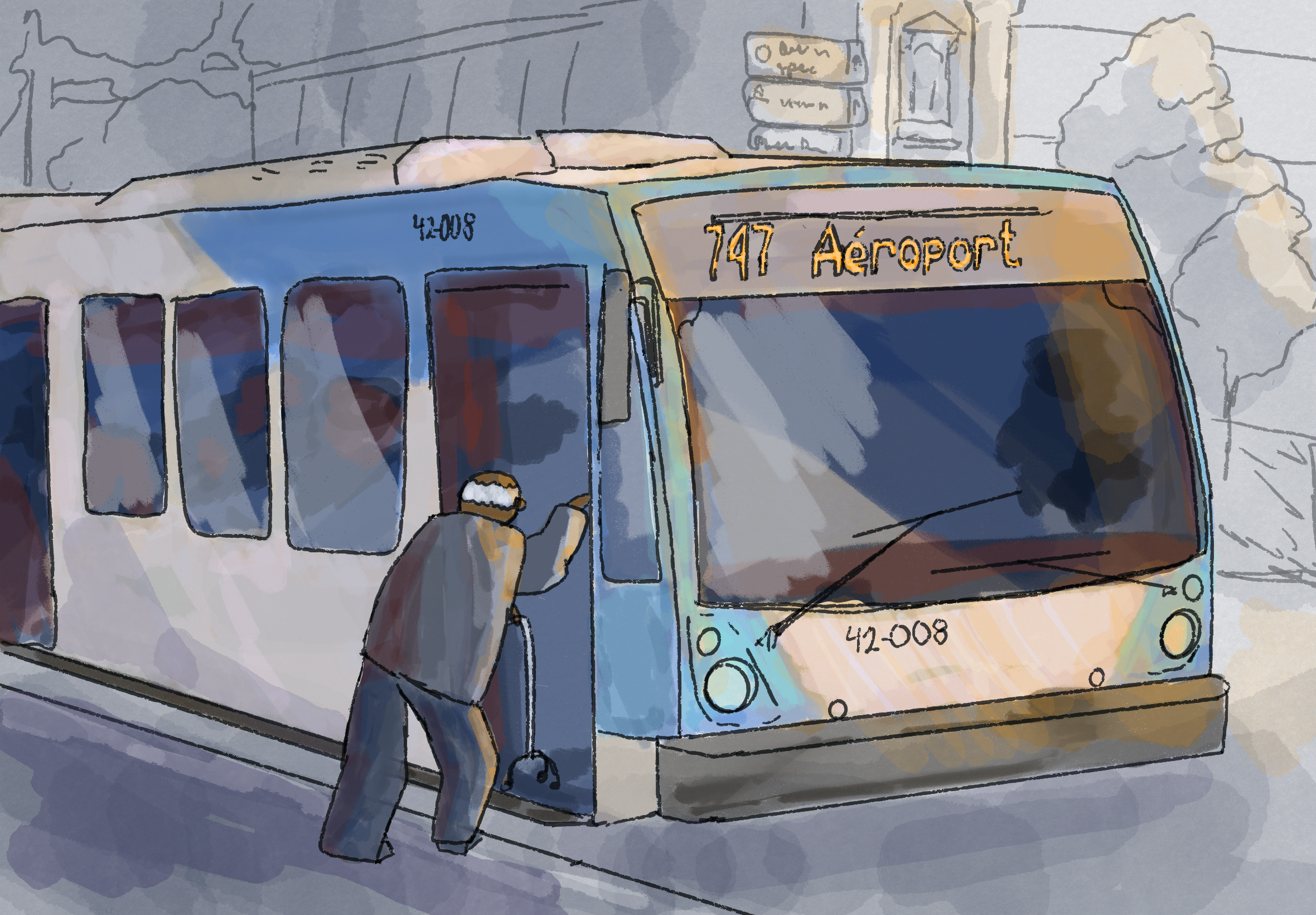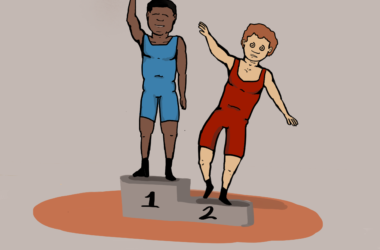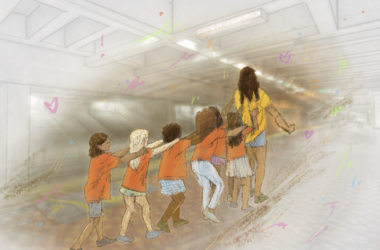A 2020 study on jargon published in the Journal of Language and Social Psychology found that not only did using more jargon harm levels of understanding among lay people, but it also decreased their engagement with the material and their subjective sense of identification with the scientific community at large.[Read More…]
Science & Technology
The latest in science and technology.
Exploring the role of virtual family participation in adult intensive care unit rounds
Family engagement in patient care is an essential aspect of adult intensive care unit (ICU) practice. The approach includes family members in multidisciplinary care rounds, allowing them to contribute to medical decision-making while being present for their loved ones—yet systemic and individual-level barriers often get in the way. But what[Read More…]
Normal results, hidden illness: Rethinking bloodwork in anorexia nervosa
Blood tests are the cornerstone of modern medicine, often relied on as objective indicators of health. In patients with anorexia nervosa (AN), however, these numbers may be misleading. A new study from Montreal’s Douglas Institute, published in the Journal of Psychiatry & Neuroscience, found that women with anorexia nervosa had[Read More…]
Dice: The statistician’s Roman Empire
It’s a rainy Wednesday night in 50 BC, and you’re playing Yahtzee against Julius Caesar. You have four 4s, one 6, and one roll left. You have a decision to make: Do you risk it and try to get a Yahtzee, or settle for a fairly impressive four-of-a-kind? It turns[Read More…]
Boosting medical students’ surgical confidence through non-dominant hand training
While all of the clinical rotations in which medical students participate are challenging, one of the most intimidating rotations is general surgery. This is not surprising given what is at stake in an operating room (OR). “First of all, you have to understand sterility and how not to contaminate the[Read More…]
All ages aboard: Making public transport more accessible for older adults
A city’s public transit system should serve the needs of all its inhabitants and leave no citizen behind. However, many older adults living in Canadian cities are reluctant to use these services, relying on their cars instead. Meredith Alousi-Jones, a PhD candidate in McGill’s School of Urban Planning, and her[Read More…]
Freshman science requirements got you down? We got you covered
CHEM 110. MATH 140. BIOL 111. PHYS 101. Every McGill science student will recognize these course codes in an instant; they are none other than the freshman science program course requirements. Whether it is your very first semester at McGill, or you are getting those last few credits of your[Read More…]
Investigating the link between sex-dependent gene expressions and major depressive disorder
Why do women experience major depressive disorder (MDD) at nearly twice the rate of men in the post-puberty stage? During this critical stage, MDD manifests in a sex-specific way in its prevalence, symptomatology, and treatment responses when comparing males and females. In a recent publication in Brain, Behaviour, and Immunity,[Read More…]
Bad balance? Blame your concussion
Concussions: Either you have had one, or you know someone who has. These injuries are incredibly common—particularly in high-contact sports such as football, hockey, and rugby—and they can leave lasting, debilitating impacts. Yet, despite their dangers, concussions are hard to objectively identify by a third party, making them difficult for[Read More…]
Montreal day camp fosters feelings of belonging among refugee children
Summer camp is a quintessential Canadian experience, whether you find yourself sleeping in a log cabin deep in the woods or roaming around the city visiting different museums and monuments. Camp allows individuals to build lifelong friendships and create lasting memories, all while immersing themselves in Canada’s natural and man-made[Read More…]
